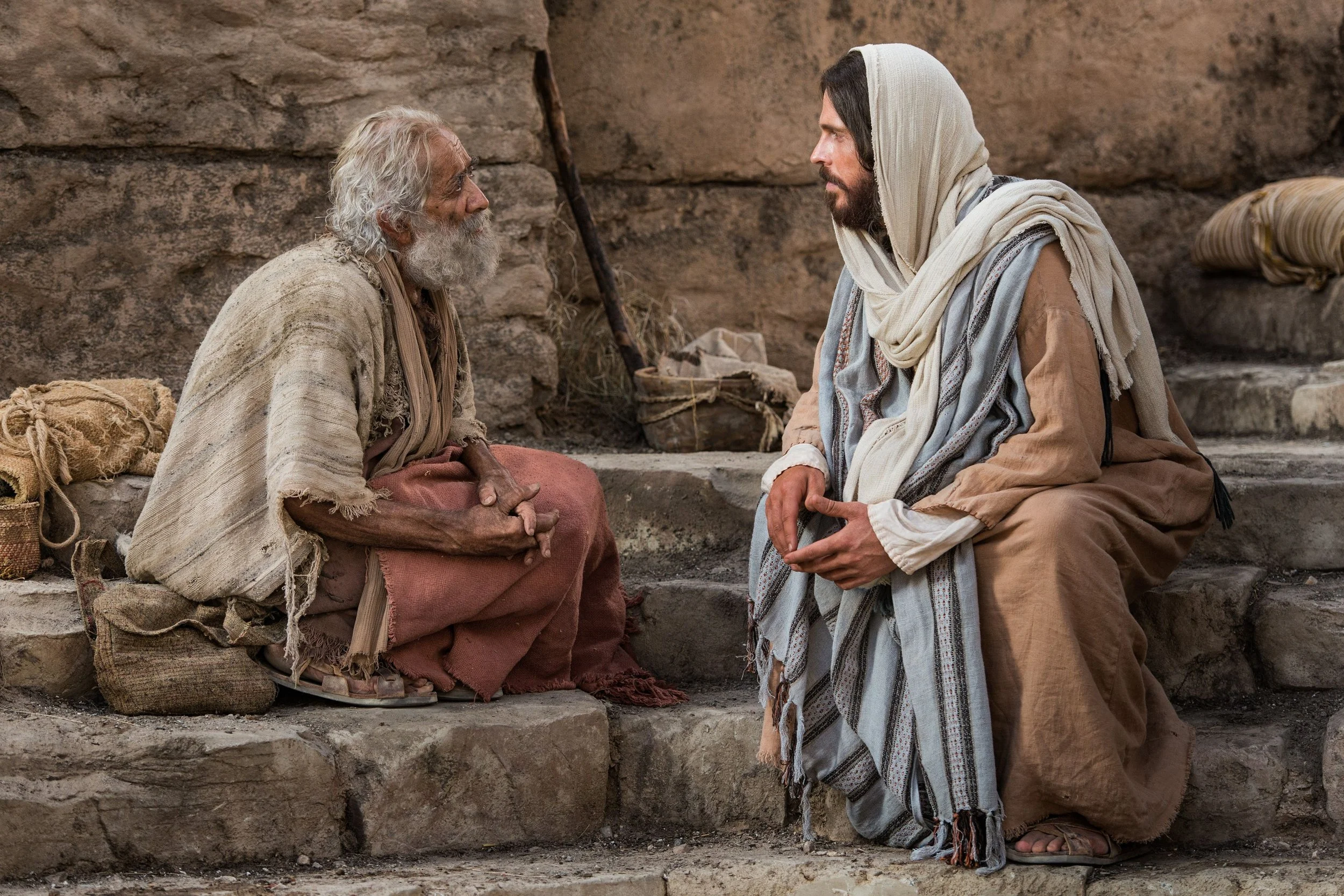Doing Churchy Things
I just entered year eleven of full-time church ministry and year thirteen of ministry overall in my career. This doesn’t include stints with churches as an intern or interim ministry or even churches that I simply attended. If you’ve been a part of more than one church in your life, then you know this: every congregation is different. I don’t mean a good or bad different—just different. There are a variety of factors contributing to the differences, such as finances, the culture of the town, various doctrinal and theological views, etc. Even with these differences, though, there are some things that tend to be fairly consistent at most churches, and I thought that I would address one of those things.
It’s not uncommon for me to talk with a minister or elder at a church who says something along these lines: “I just don’t understand it. We used to have to sort through all of the different volunteers who would come forward to help out. We were busting at the seams. Now it seems like nobody wants to do anything for the church anymore, and now only a few of us are doing everything!”
Sound familiar?
Many churches, especially churches with 300 or fewer members, tend to struggle with this problem. It’s usually not as common in larger churches simply because they have a larger pool to choose from (some from bigger churches might argue this, though). It’s the problem of participation—or lack thereof.
Those of us who are leaders or deeply connected feel like we do almost everything that gets accomplished. In my experience, those who do most of the work leave frustrated that others aren’t pitching in, and they feel alone in their endeavor. I have spent many evenings in anger, sadness, loneliness, and sometimes even hurt because of how much work I put into something and hardly anyone showed up.
Sometimes, this is the life of ministry. If you don’t believe me, read the prophets.
With that being said, my concern lies in our general response to the problem. It doesn’t make sense, but the main response that I notice to people not wanting to do more church things is pretty simple: to just plan more church things for them to do.
You should be able to figure out how this can become a cycle of frustration and burnout. When people aren’t showing up to stuff and we plan even more stuff in response, we shouldn’t be surprised that the turnout is even lower than before.
While people do have busy schedules, I don’t think this is the problem. And while not all church programs, events, and activities are perfectly fit for everyone, I don’t think this is the problem.
The more people I talk to, whether they would consider themselves to be involved in their local church or not, the more I realize that the problem isn’t apathy or lack of desire for most people.
I think that the problem lies in identity.
If you were to ask someone who they are, I don’t know if “child of God” would be the first response. You usually hear things like their name, occupation, marital status, or where they’re from. There’s nothing wrong with this, but eventually, you want people to mention their faith. How many other identity traits come first, though?
When people know and understand who they are, everything else flows from this. Here’s the best part about being a child of God in this regard: the greatest “church event” that could ever possibly be done has already been taken care of. As a matter of fact, it was taken care of about 2000 years ago on a cross. NOTHING we do can ever top this church event. So we have permission to stop trying to do so.
Additionally, this doesn’t mean that we no longer do anything with church or mission or for the gospel’s sake. On the contrary, it means a few things regarding our Kingdom participation:
We can do whatever it is that we do with peace, regardless of who else shows up. The tomb is still empty whether we end up having a lot of attendees or a few.
Nothing that we do can ever be greater than Jesus’s sacrifice, so don’t sweat too much if your objective for a particular event or program isn’t met. Again, the tomb is still empty whether the objective is met or not.
All of the things that we do are done BECAUSE of Jesus’s death, burial, and resurrection, not in spite of these things.
When we do participate in the life of our churches, we only do so because of who we are, not out of a sense of duty or necessity.
In these ways, we model our own Creator who made us out of His own sense of love and joy. God couldn’t help Himself! So when we enter into the lives of our churches and church members, may we bring the same love and joy that God designed each of us to have and to become.







